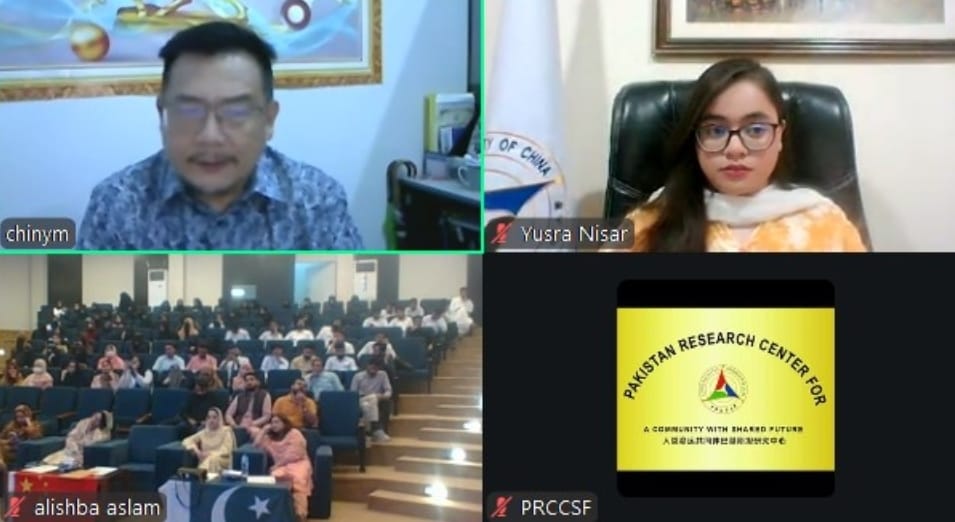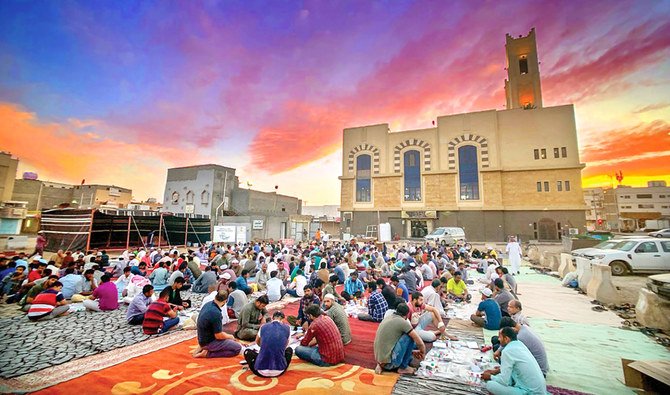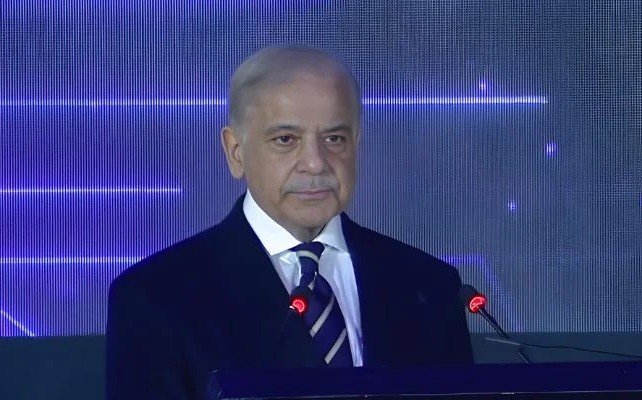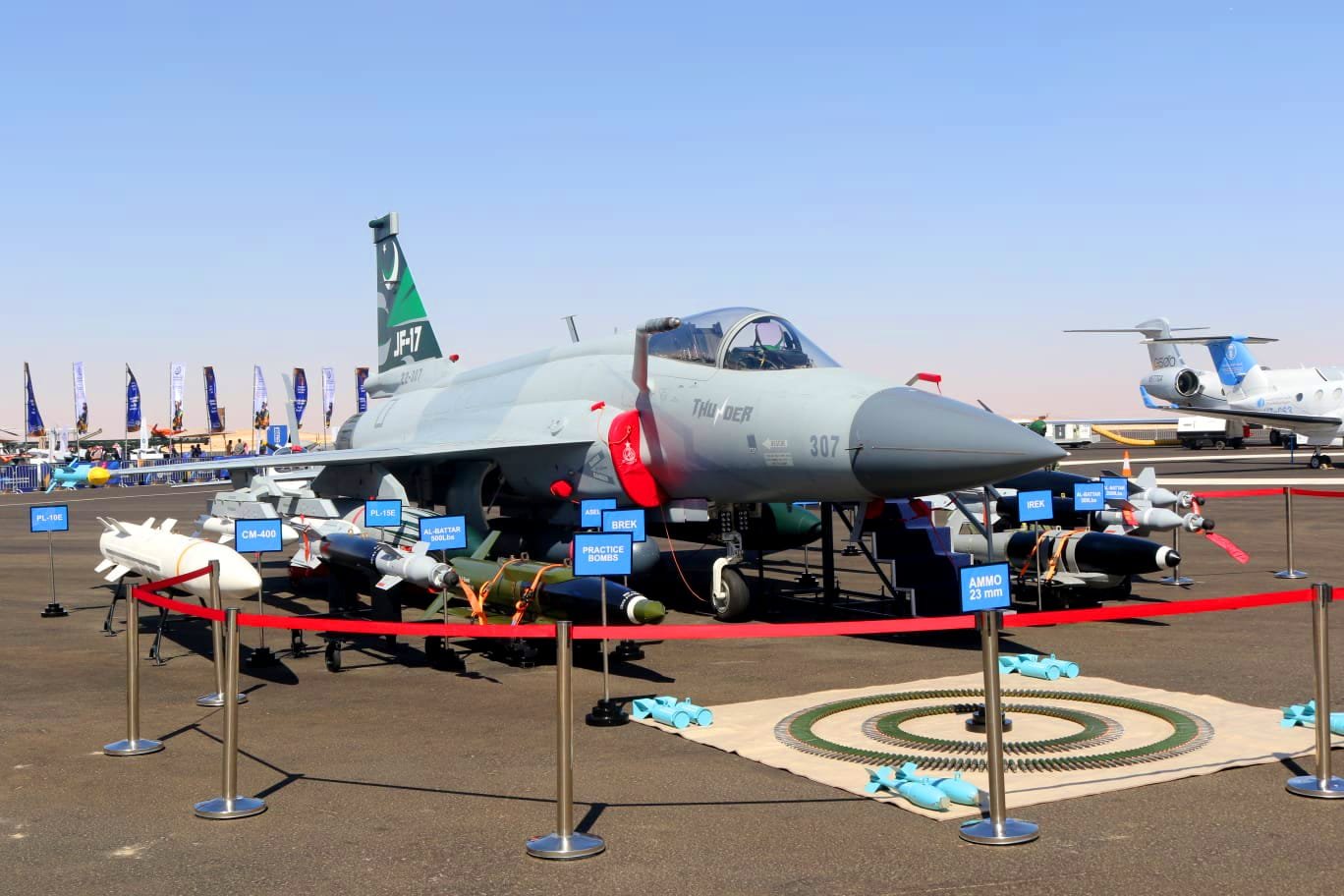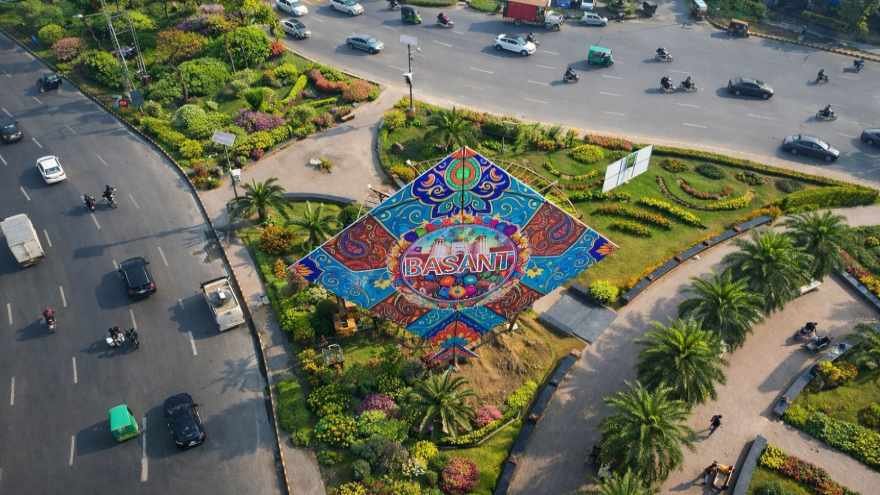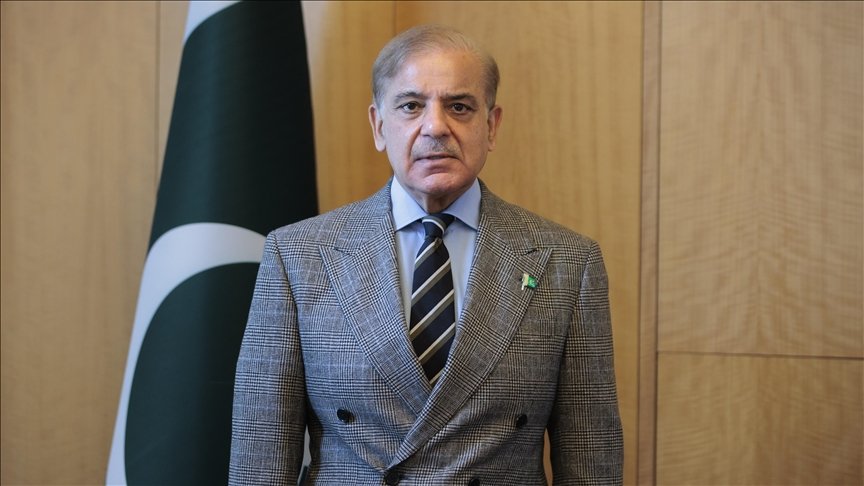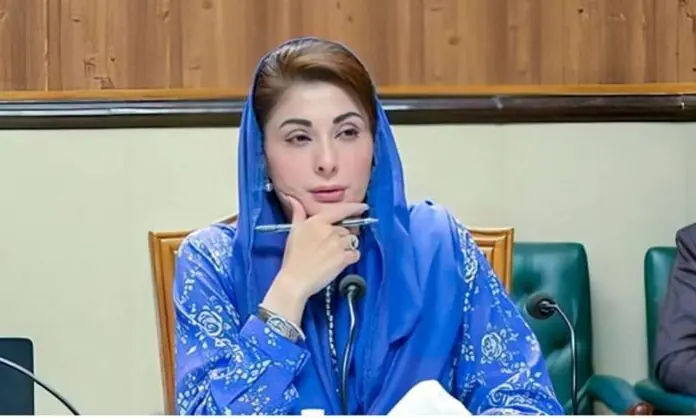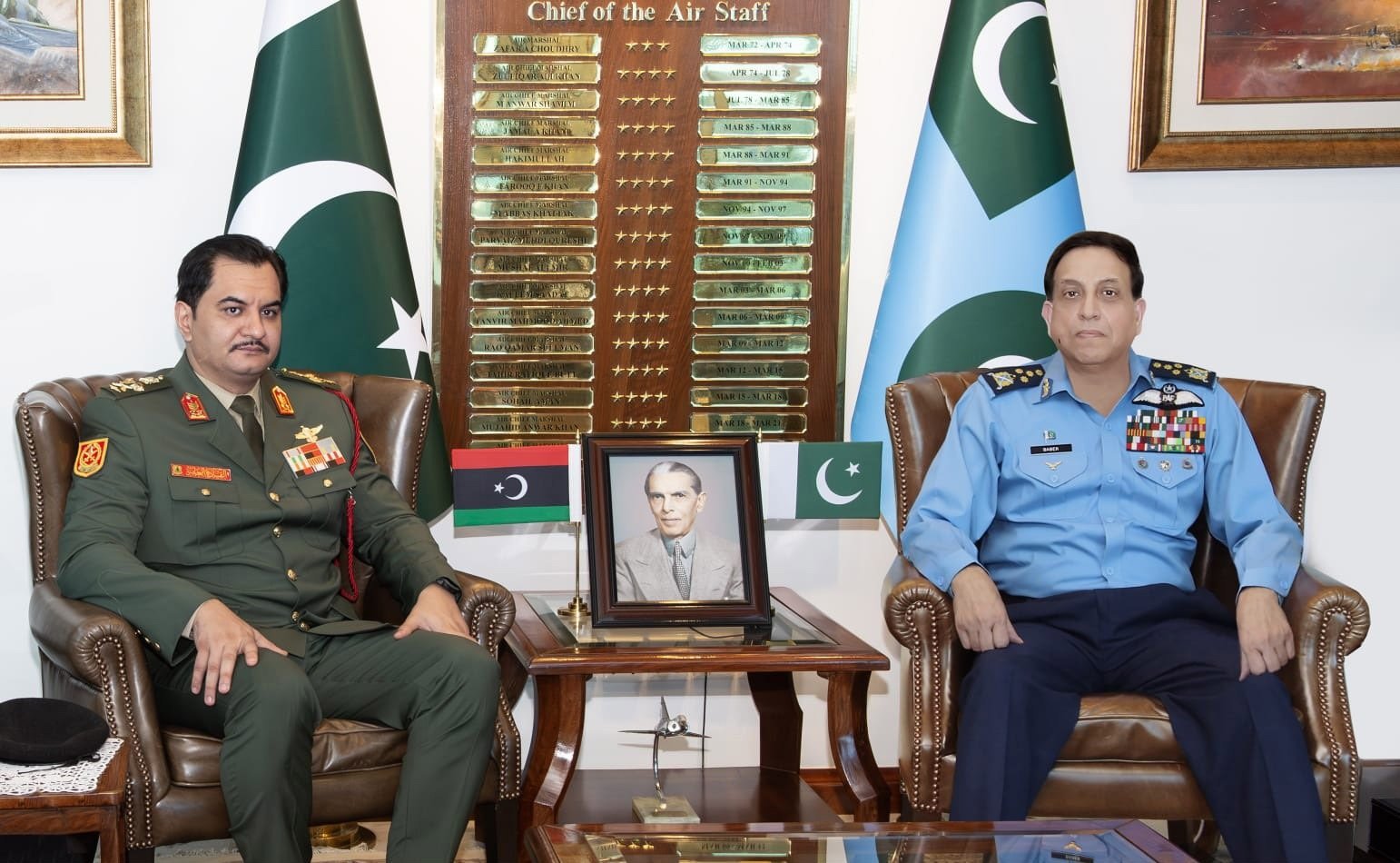Islamabad, October 21, 2025 — The Europe Today: On October 21, 2025, as part of a joint fellowship program, a training session was held at the University of Sargodha (UoS). The session brought together two distinguished scholars who shared their expertise on contemporary global challenges and international cooperation.
The event featured two sessions; a physical lecture by Prof. Dr. Gan Zhang, Director of the State Key Laboratory of Organic Geochemistry and Professor at the Guangzhou Institute of Geochemistry, Chinese Academy of Sciences (CAS), and an online lecture by Dr. Chin Yee Mun, Associate Professor at the Faculty of Creative Industries, Universiti Tunku Abdul Rahman (UTAR), Malaysia, and Director of both the Tun Tan Cheng Lock Institute of Social Studies and the ASEAN Research Center for a Community with Shared Future.
The physical session was formally introduced and moderated by Prof. Dr. Tahir Mumtaz Awan, Director of the Pakistan Institute for China Studies (PICS) and Host Director of the Confucius Institute at the University of Sargodha (UoS), who welcomed the participants and provided an overview of the today’s session.
Prof. Gan Zhang delivered an insightful lecture titled “Status of Air Pollution in Asian and African Countries Along the 21st Century Maritime Silk Road.” He discussed the environmental challenges faced by developing nations along the Belt and Road Initiative (BRI) route and emphasized the need for joint scientific and policy efforts to address transboundary air pollution.
Highlighting the importance of collaborative research, technological innovation, and evidence-based policymaking, Prof. Zhang called for greater cooperation among BRI countries to promote environmental sustainability and global resilience. His comprehensive presentation engaged the audience in a deep reflection on how environmental protection and sustainable development can reinforce international cooperation.
The session concluded with an interactive question-and-answer segment, during which participants discussed potential collaborative research areas, policy integration, and scientific innovation for addressing regional environmental challenges.
Following the physical lecture, the online training session commenced, moderated and introduced by Ms. Yusra Binte Nisar, Research Assistant at the Pakistan Research Centre for a Community with Shared Future (PRCCSF), Islamabad.
Dr. Chin Yee Mun commenced his lecture, titled “Malaysia–China Relations through the lens of Humanistic Diplomacy”, by exploring the concept and nature of diplomacy. He elaborated that diplomacy has multiple interpretations depending on the theoretical approach one adopts. He emphasized the realist approach as his main framework for defining diplomacy, explaining how it traditionally focuses on state-centric interests, geopolitical maneuverings, and national interests’ preservation.
Then, he introduced the audience to the concept of humanistic diplomacy, a perspective that goes beyond state-centric paradigms and focuses on people-centered and cooperative approaches to international relations. Drawing upon various scholars and authors, he discussed how humanistic diplomacy emphasizes mutual respect, shared values, multilateralism, and the pursuit of common good among nations.
Using Malaysia–China relations as a case study, Dr. Chin traced the historical trajectory of bilateral relations since 1964, explaining how both countries overcame ideological and political divisions to establish a relationship rooted in mutual trust, respect, and cooperation. He underscored how this partnership, strengthened through the Belt and Road Initiative (BRI), exemplifies the practical application of humanistic diplomacy in fostering regional peace, prosperity, and people-to-people connectivity.
Concluding his presentation, Dr. Chin underscored that the China–Malaysia relationship serves as a living example of diplomacy guided by empathy, cultural understanding, and mutual development rather than zero-sum competition.
The online session also concluded with an interactive Q&A discussion, where participants shared their views on the implications of humanistic diplomacy, the evolution of Malaysia–China relations, and the broader role of empathy and cultural understanding in shaping international cooperation.
The joint training session served as a valuable platform for intellectual exchange, uniting diverse academic perspectives on diplomacy, environmental challenges, and transnational collaboration. Both lectures, Prof. Gan Zhang’s insightful discussion on environmental sustainability and Dr. Chin Yee Mun’s profound exploration of humanistic diplomacy and Malaysia-China, offered participants a deeper understanding of global cooperation under the Belt and Road Initiative framework.
The event concluded with a vote of thanks to both distinguished speakers for their remarkable contributions, leaving participants inspired by the depth, clarity, and forward-looking vision of the discussions.
